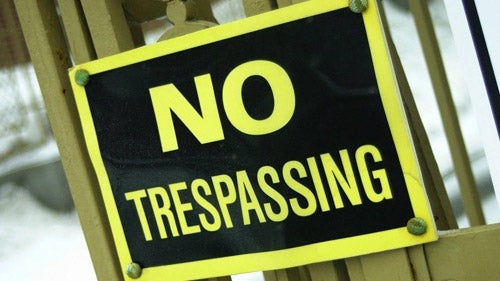
As a consumer, if you have a job, a consistent bank balance, and a decent credit score, you can usually work with a number of financial institutions and receive financing for a car. However, your cash-flow positive, profitable business with the same credit score can easily be turned down for a much smaller loan amount. Why is this?
You can probably understand why there are certain businesses mainstream lenders would not want to be associated with. But it is much less obvious why businesses such as day care centers, golf courses, and furniture stores might not only have challenges finding business financing, but can even be outright banned from certain types of funding.
To understand the issues involved, it can be helpful to use a car loan as a point of reference. As a consumer, you apply for a loan, you prove your ability to pay the loan, and you use the proceeds from the loan to buy an asset. In the event that you fail to pay back the loan, that asset would then be repossessed.
Many lenders will handle a small business loan the same way they would handle a consumer loan—if the owner personally guarantees the loan and has the assets to repay the loan if the business should fail. However, business loans can get extremely complicated. Technically, a business loan is made to a soulless legal entity with owners, investors, and creditors. All of these have to be addressed, and the lenders have to be satisfied that they have a clear path to recovering their money before a business will receive funding.
There are some types of businesses that have additional challenges when it comes to finding and obtaining business funding. We mentioned a few of these above; you can also include auto dealerships, jewelry stores, gas stations, grocery stores, and home-based businesses in the list.
Why are some business automatically excluded from certain types of funding? Here are the most common reasons a business might be excluded:
- Thin profit margins: those industries that rely on a high-volume/low-margin model are usually the hardest hit in an economic downturn, and have a higher industry default rate.
- The industry: call it “guilt by association,” but certain industries have historically higher rates of fraud and default and are automatically excluded by certain types of funding companies and lenders.
- Large ticket items: furniture stores and auto dealerships can have a good month ruined by one or two customer returns; receivables-based financing companies usually exclude these types of industries.
- Too many cash sales: while cash is king, it’s also hard to track. Companies that fund based on card sales will avoid these types of industries.
- Encumbered collateral: if your collateral doesn’t have any value as a standalone commodity, you are going to have challenges. For example, the deed to Hole #8 of your golf course is not as valuable on its own as it would be when paired with the rest of the course.
- No collateral: Home-based businesses have a great deal of challenges in finding financing because they typically do not have substantial collateral.
4404 Views












